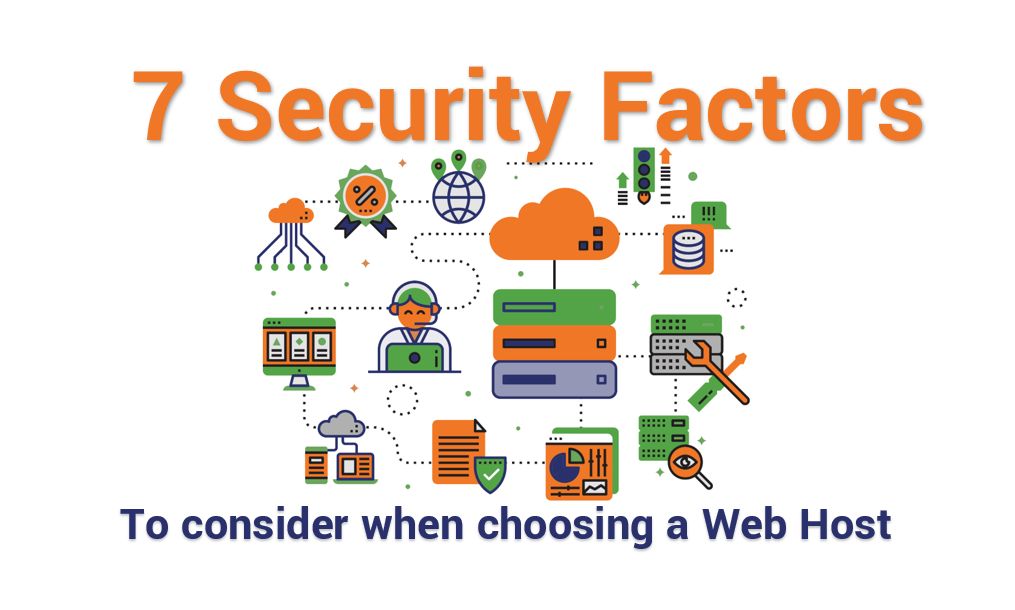Best Practices to Ensure High Web Hosting Security

An important factor while managing your Web Hosting solution is maintaining the host’s proper security, as any security issues can potentially lead to damage.
Some of the common security threats Web Hosting services face are hacking attempts, malware infections, DDoS attacks, unauthorised access, data breaches, and website defacement.
Thus, while creating Web Hosting sites, it is important to take help from a reliable Domain and Hosting service provider because they ensure security services for your Hosting Website.
Singapore has several Web Hosting services, each with specifications and requirements. But before choosing any of them, you must decide the goal for your website. Understanding your unique needs is essential to decide on the Hosting Website services option for you.
Let’s know more.
Top Practices to Enhance Web Hosting Security
Top Web Hosts in Singapore follow these security practices to strengthen their clients’ website’s security. On the other hand, if you are running a website hosting business, make sure you follow these.
- Choose a Secure Web Hosting Provider
Top Web Hosting services in Singapore prioritise security and offer comprehensive security features in their hosting plans. No matter what server you choose — VPS, Shared Server, or Dedicated Server — the hosting packages should include SSL certificate support, DDoS protection, backups, network monitoring, and CDN support.
- Software Security Measures
Ensure the website is protected with firewall protection, malware scanning and removal, and receive regular software updates to address vulnerabilities.
- Reliable Backups and Restoration Services
For the smooth running of any website, it is essential that it has access to reliable and easily accessible backup and restoration services. Regular backups are crucial to minimise downtime and recover website data during security incidents or data loss.
If you are a hosting service provider, diligently update the software used in your Web Hosting environment to address security vulnerabilities and patch any known issues.
- Network Monitoring & CDN Support
Another important practice for hosting providers is to conduct regular network monitoring to detect unusual activity and respond to potential security incidents.
Consider using a content delivery network (CDN) for improved website performance, DDoS protection, and faster content delivery.
- Implement Best Security Practices
Whether you are using managed or unmanaged hosting, you must ensure regular data backups, enable SSL encryption, use SFTP instead of FTP, and remove unused applications to keep your website protected from malicious attacks.
Also, make sure you install web application firewalls, enforce password changes, scan for malware, keep software updated, restrict website access, and utilise additional security extensions to optimise the site security.
- Strong Passwords and User Authentication
Always use strong passwords and implement user authentication measures to protect against unauthorised access. Creating different passwords for different accounts is also a wise practice.
Conclusion
Website security is crucial for any business. They prevent data breaches, downtime, and malware attacks. So, users must always prioritise their site security and invest in reputable hosting providers. They should research and read reviews when selecting secure Web Hosting services. Check for guarantees or service level agreements (SLAs) related to network uptime and performance.
While the Web Hosting provider ensures that the solution is reliable and secured, it is advisable for you to enable updates with current patches and plugins regularly.




